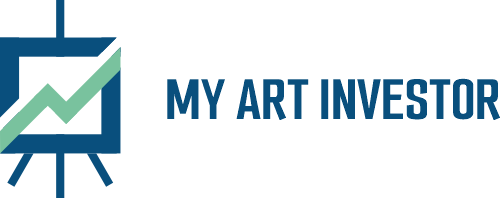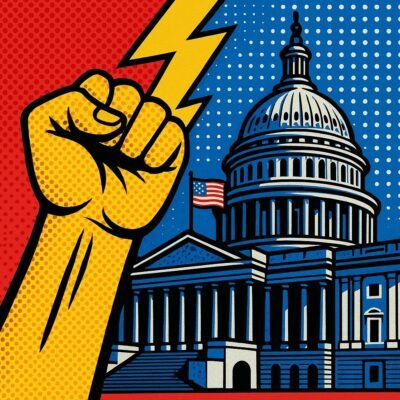
Forbes And UBS Explore Catalysts For Change Through Art, Investing And Social Impact At Art Basel
Art has long served as a driving force for social and cultural change, sparking conversations and inspiring opportunities to build solutions. On December 2, in partnership with UBS, Forbes hosted a panel discussion as part of its Representation and Inclusion Practice, on how art is breaking new ground for social and environmental impact and what it means to investors, held at international art fair Art Basel in Miami Beach.
Moderated by Forbes Senior Editor Maneet Ahuja, Forbes welcomed an impressive slate of speakers for the panel, including Shinique Smith, acclaimed artist; Jamie Sears, Head of Community Impact & Corporate Responsibility, UBS Americas; and Amantia Muhedini, Sustainable Investing Strategist, Chief Investment Officer, UBS.
The panelists discussed the parallels between the worlds of art and start-ups. Jamie Sears deploys philanthropic capital for inclusive growth at UBS, where she’s focused on making entrepreneurship more inclusive for female founders and founders of color. During the conversation, she identified common themes around diversity and representation in art and entrepreneurship, such as the concept of ‘gaze’ and whose judgment determines what’s valuable and what gets built, seen or celebrated.
Sears posited that “the ecosystem we are trying to build needs to be more equitable and have more access points and bridges between groups that don’t have the same opportunity. We recognize that there’s a huge opportunity to invest in this talent.”
Shinique Smith, who works widely across painting, drawing, collage, video and installation, explained how social justice and democratization of access inspire her art. Her process, she shared with the audience, “begins with collecting and drawing connections between those things: personally, spiritually and visually.”
Smith added, “I pull items from disparate sources – my personal life like clothing and fabric, and I bind them together in an equalizing gesture within a sculpture or painting.” Her recent work delves into the fabric trade to draw attention to child labor practices, the impact of over-consumption, ethical questions around using prisoners to create clothing, and slave labor.
The panel also addressed how issues such as sustainability, resource use, and inclusion are not just important to an ethical perspective – they can meaningfully affect economic growth as well. In her role as Sustainable Investing Strategist at UBS, Amantia Muhedini is particularly interested in how companies that hire and attract more diverse talent are more innovative and productive. This competitive advantage, she emphasized, matters both at the macro level and individual investment portfolio level.
The conversation ended with each of the speakers encouraging the audience to look to their own spheres of influence – whether that’s connections, platforms, philanthropic capital, or investment capital – to consider how they can drive change and build a more equitable world.
To watch the full panel discussion, click here.
For sponsorship inquiries, please contact sponsorships@forbes.com.
PR Contact: pr@forbes.com






No Comment! Be the first one.